IN CONVERSATION WITH:
VASSILIS VASILEIOU
VASSILIS VASILEIOU
(10.11.21)
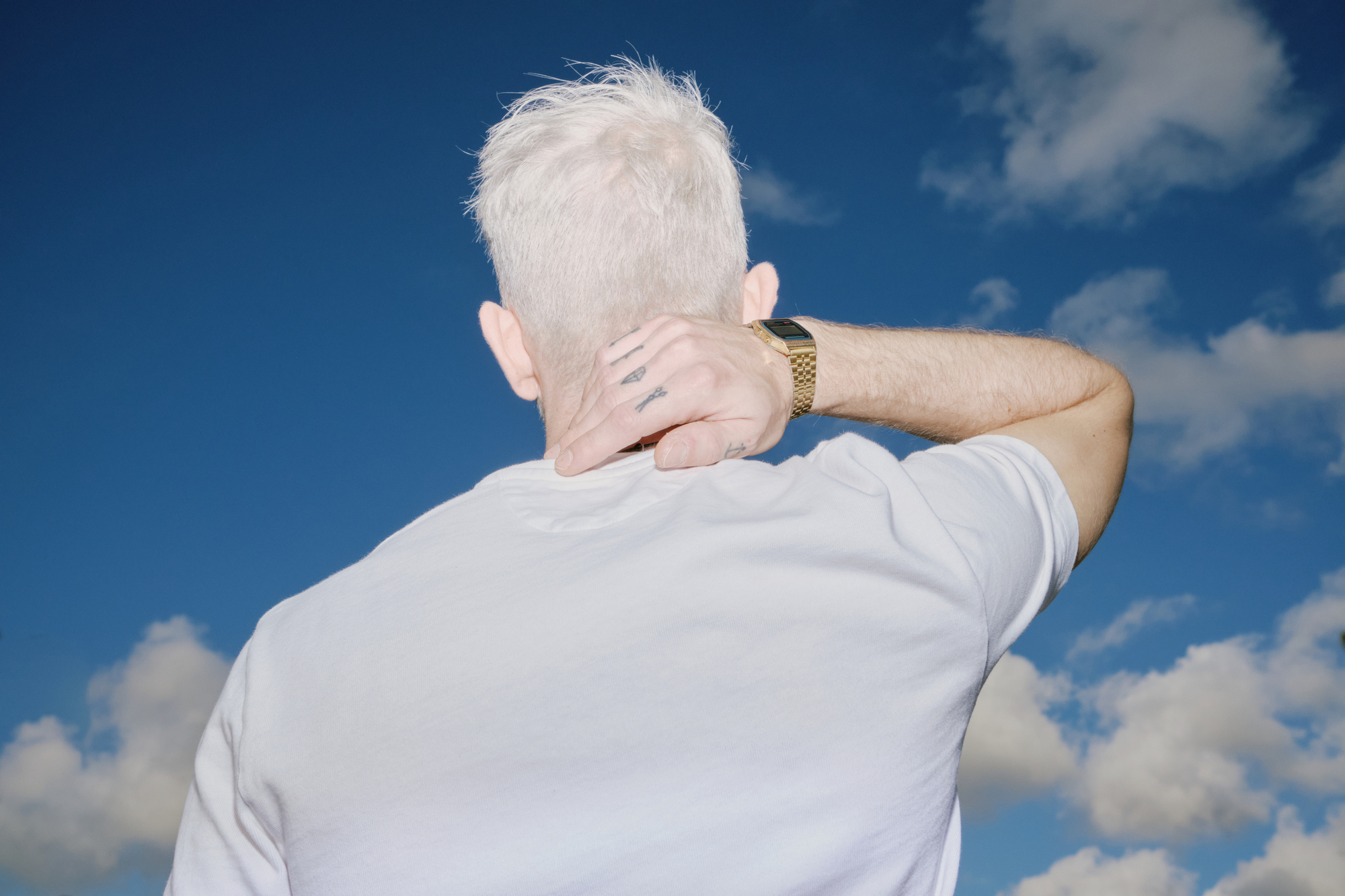
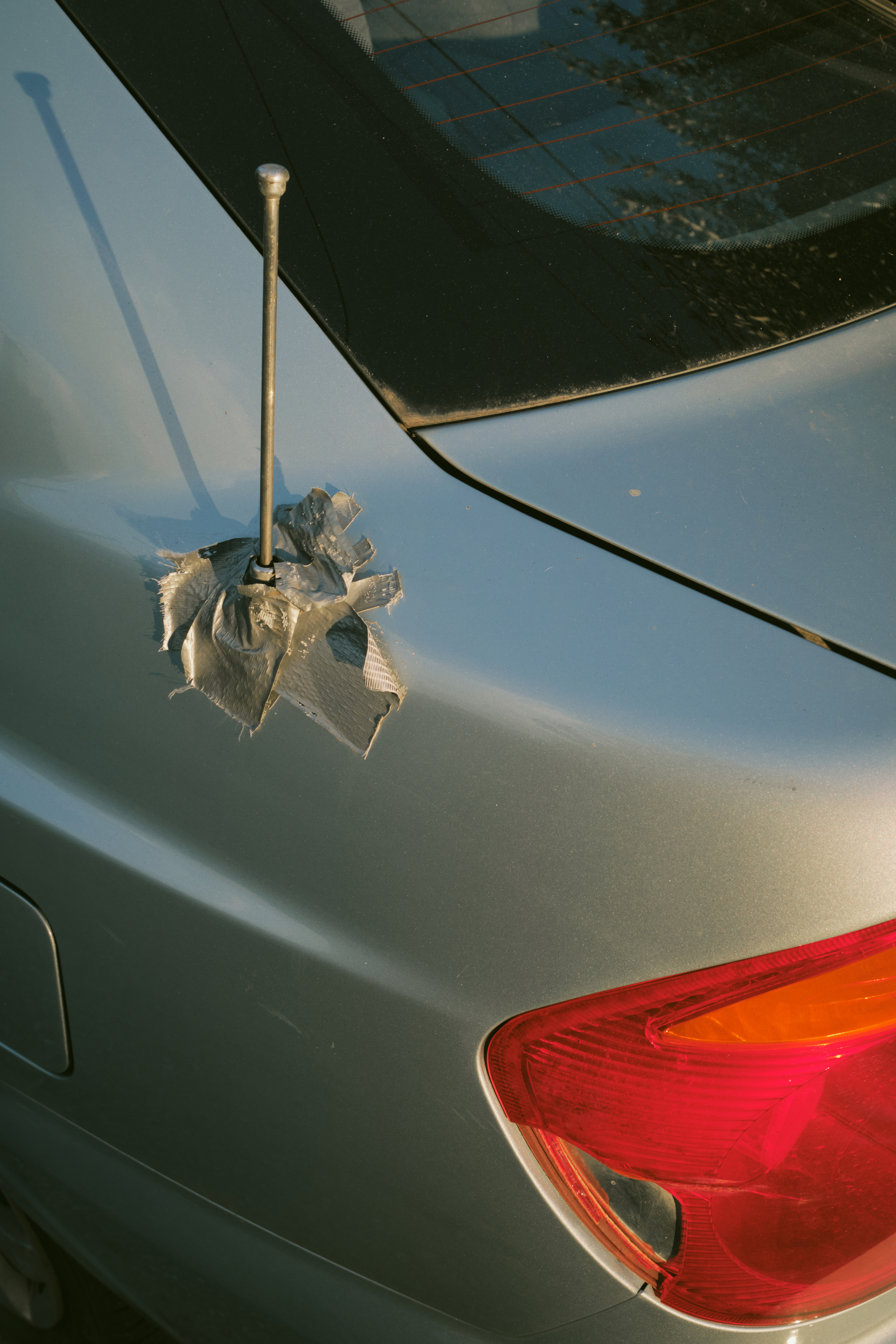
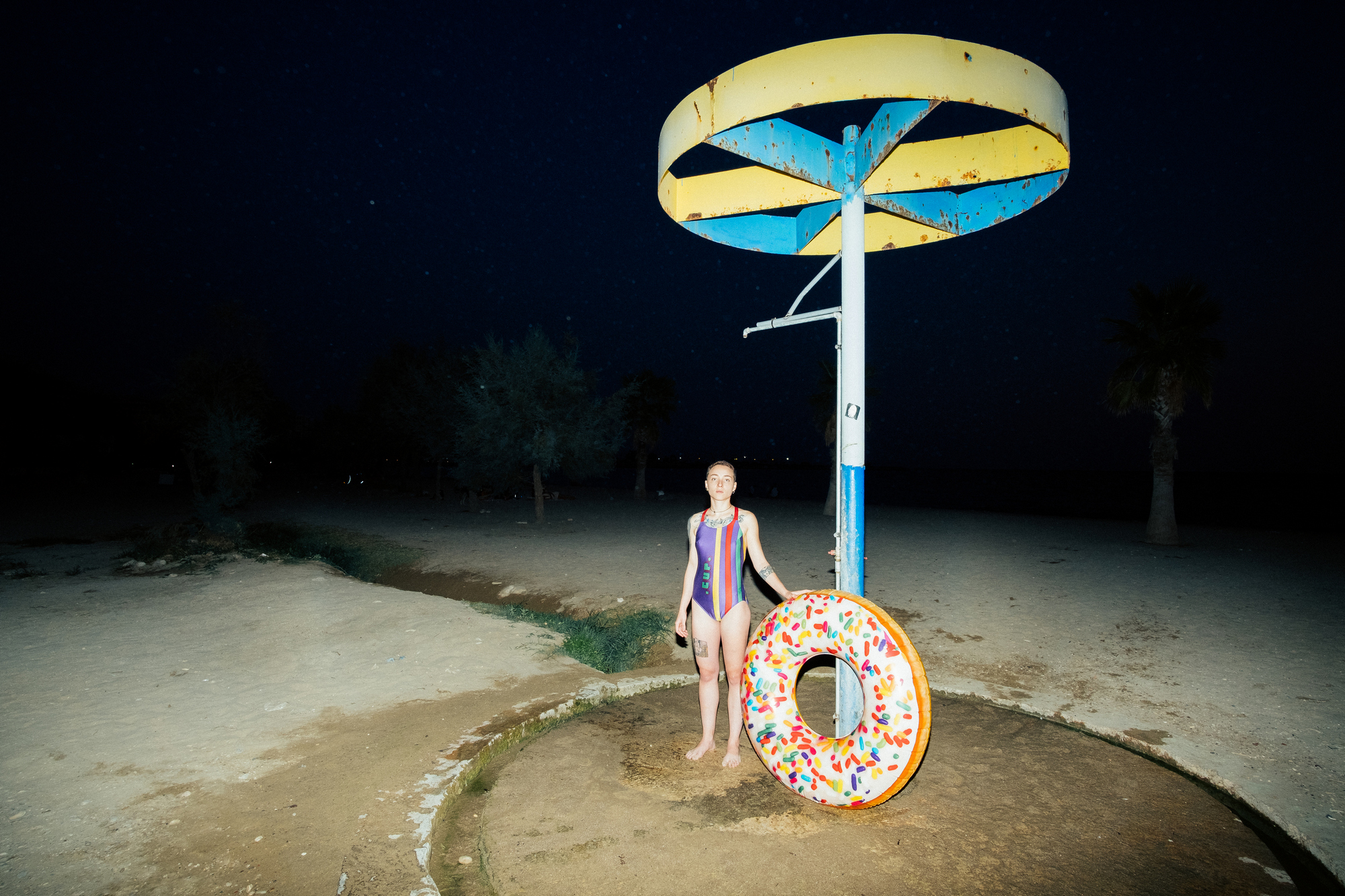

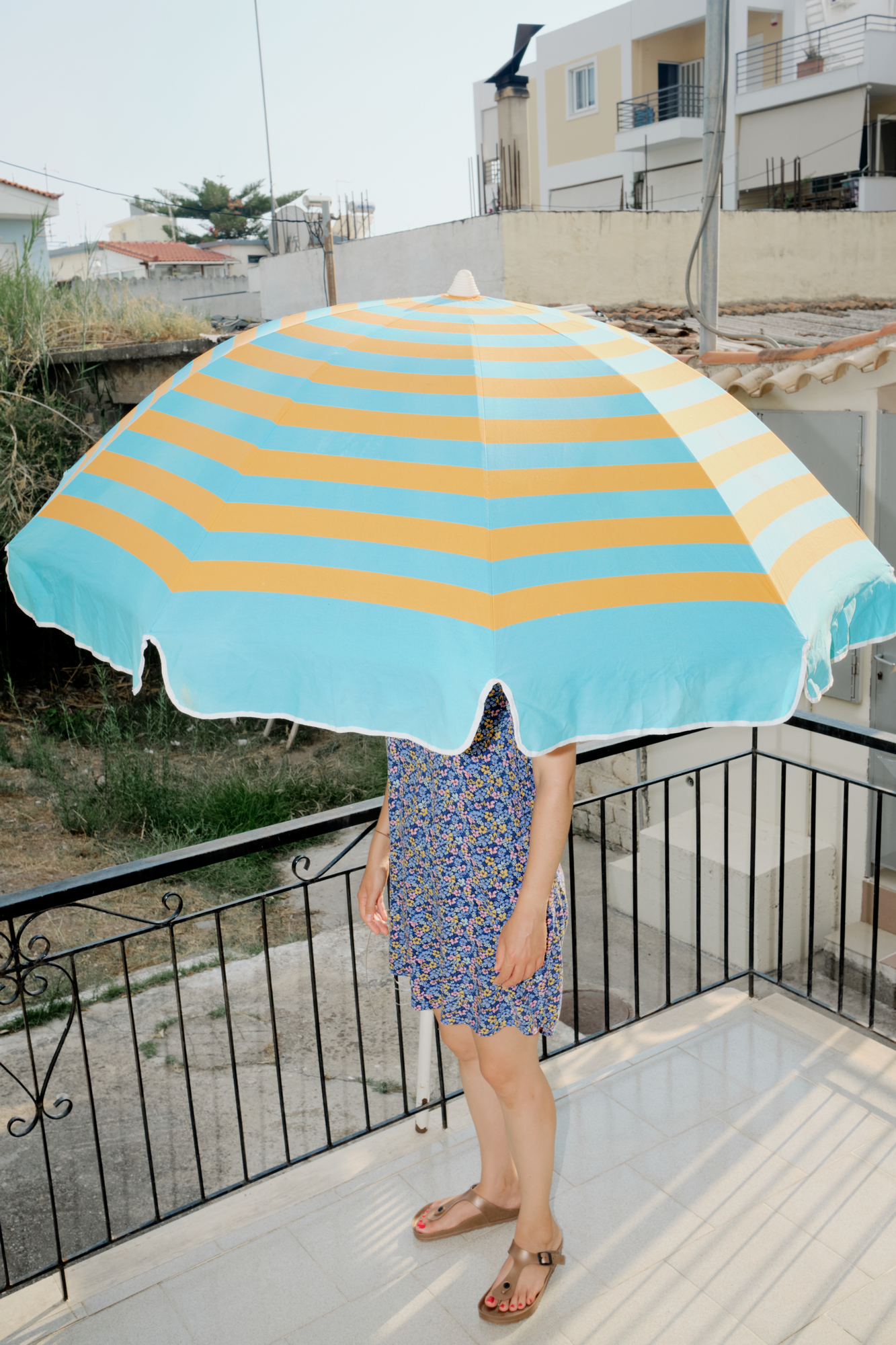

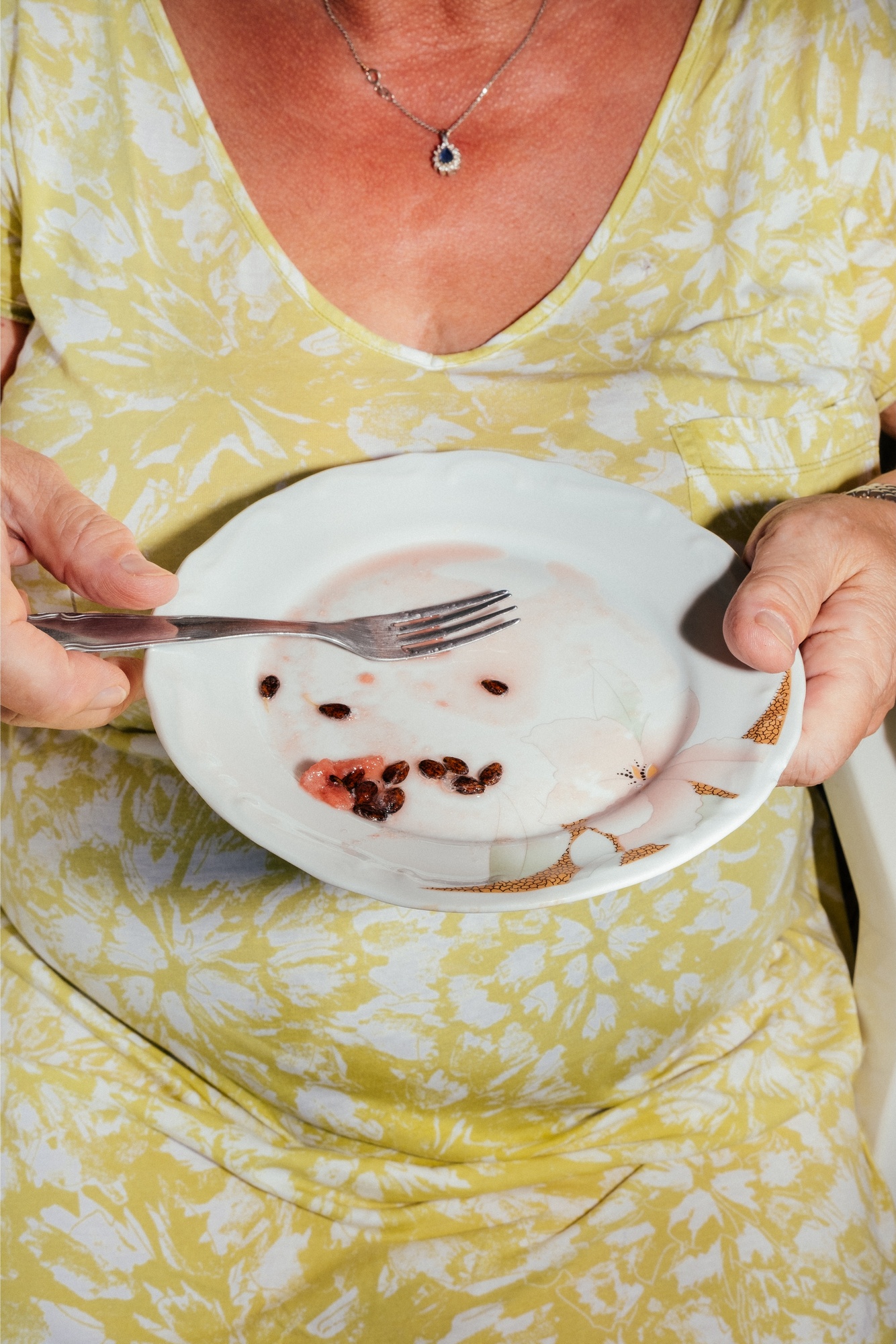
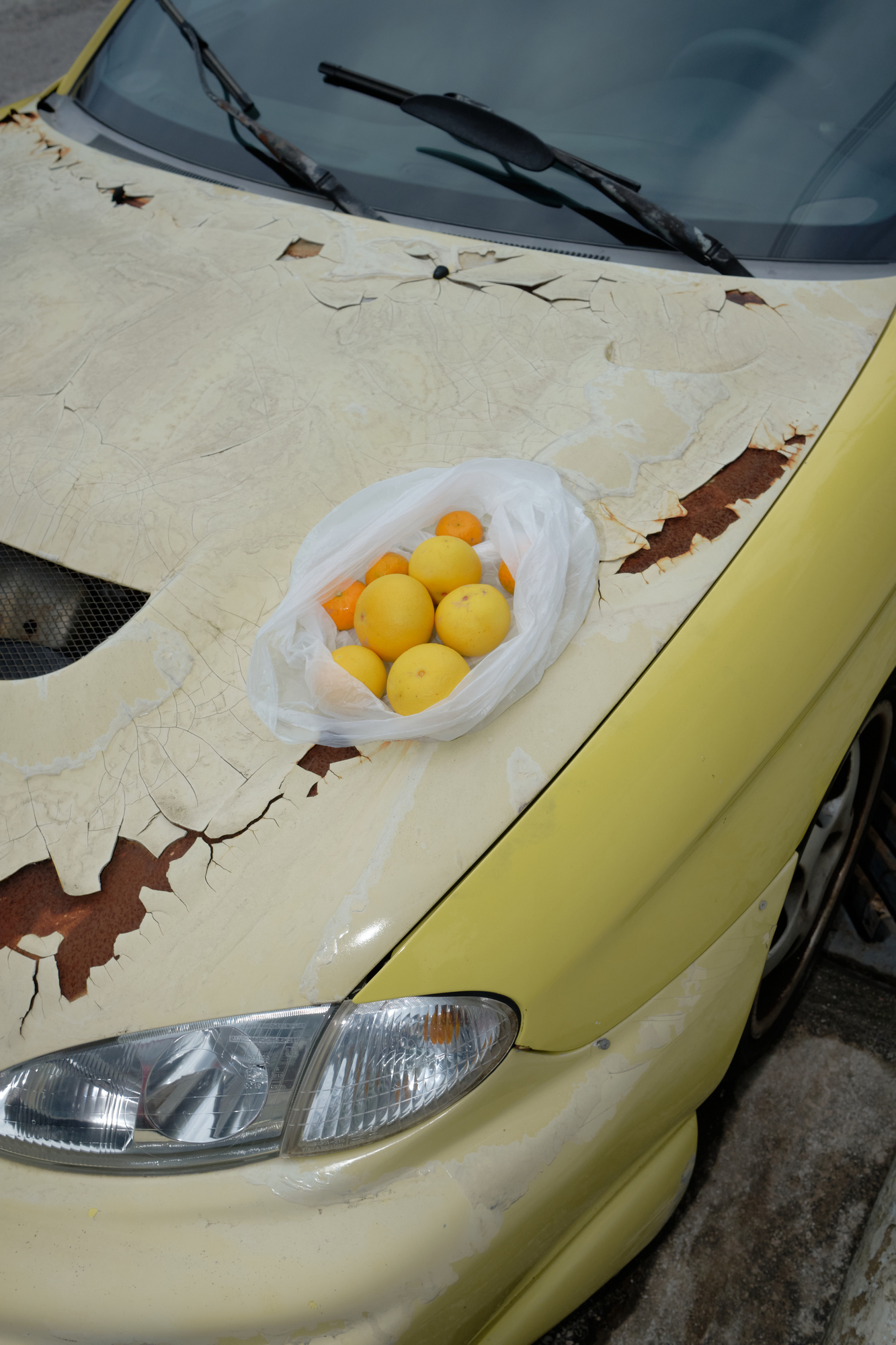
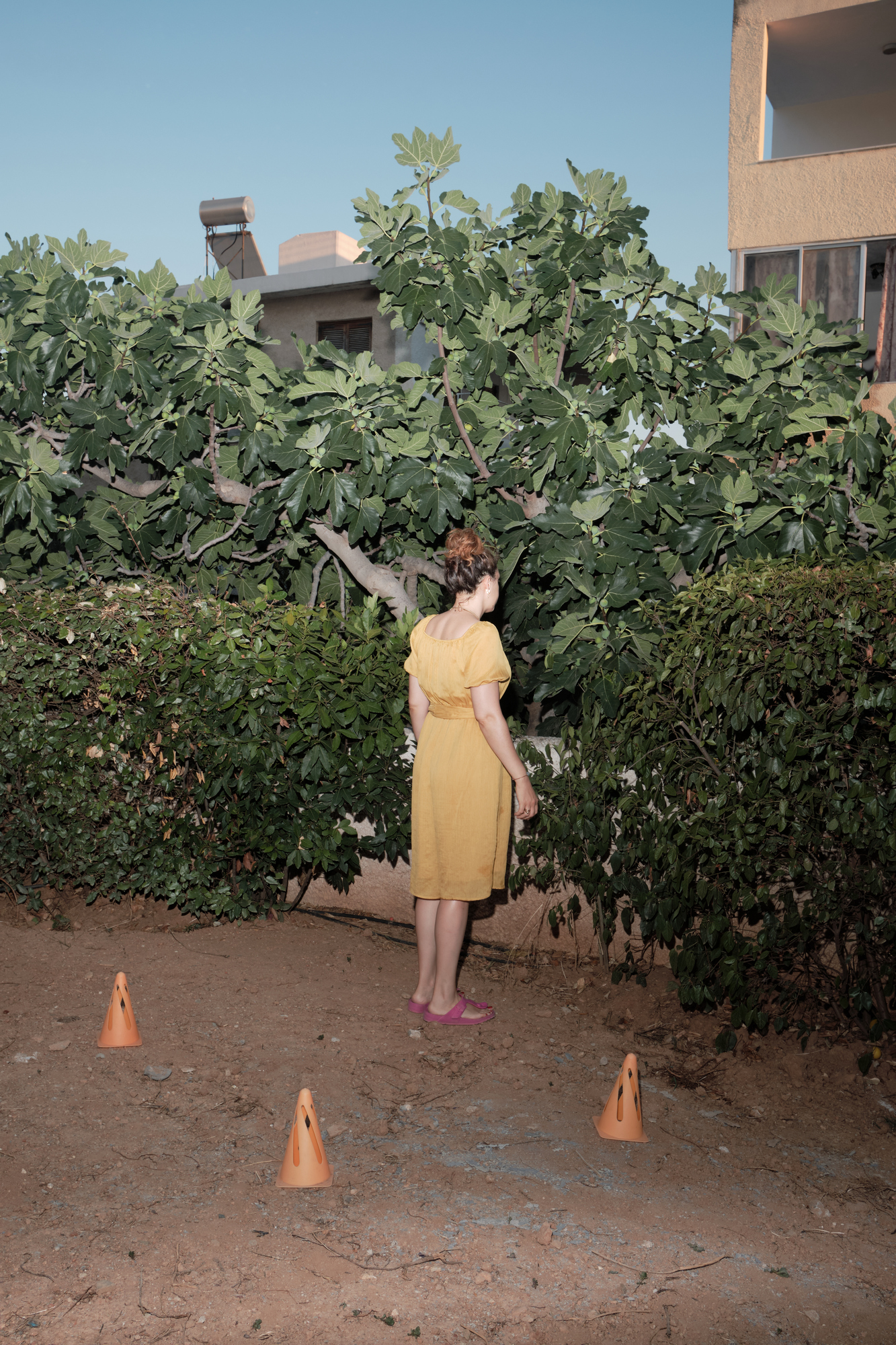





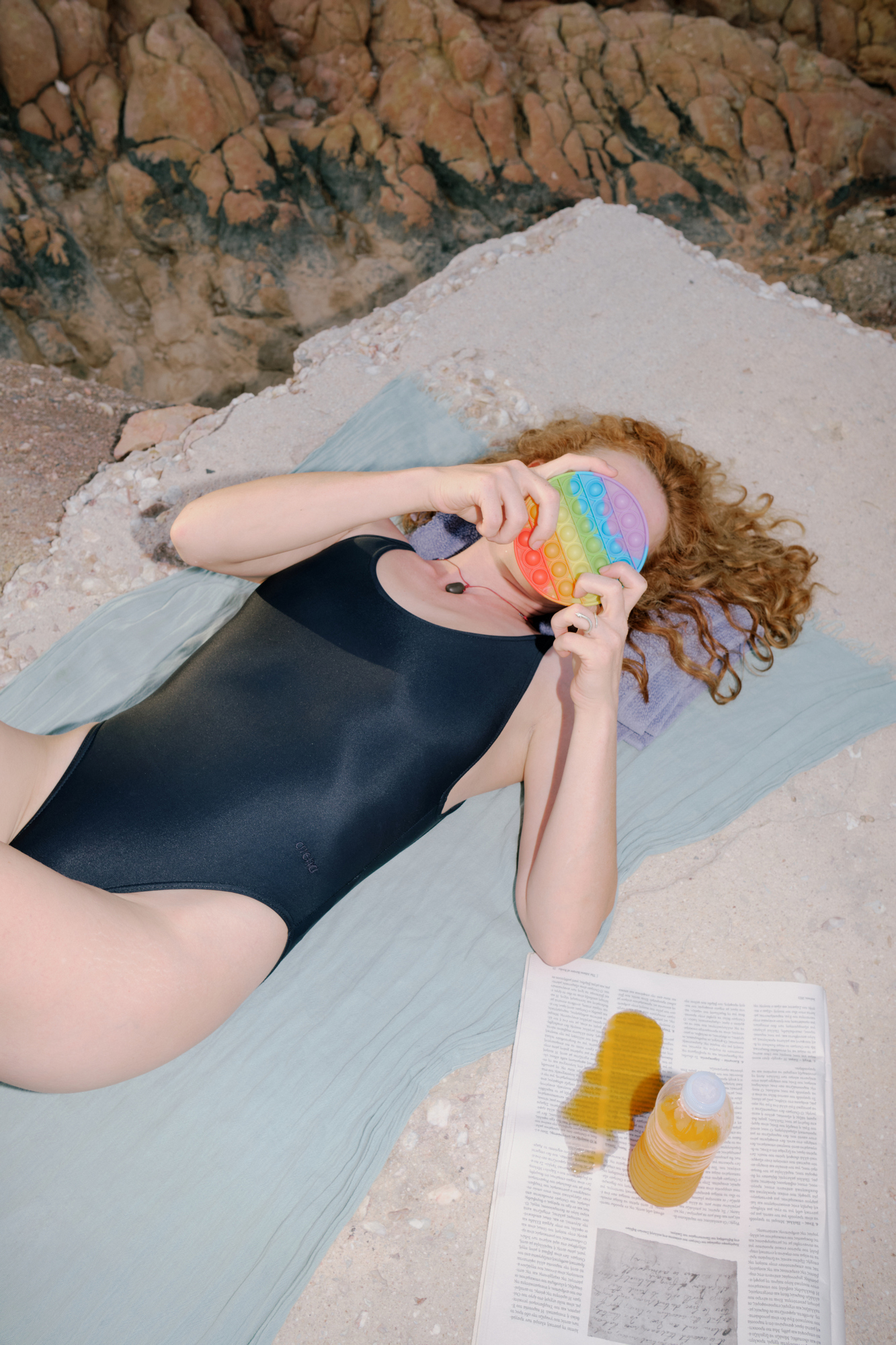
In Conversation with Adrian J. Song
Adrian Song: Thank you so much for your time, Vassilis. I love the title 'The Voice of the Cicada'. I think it's extremely fitting. I'd love to know more about the genesis of this project. When did your fascination with the mundane begin?
AS: So when you refer to the voice of the cicada, you're acknowledging the underlying tension. Something that definitely builds when viewing these images in succession. I'm interested to know more about the root of this tension, as well as what will happen when this tension finally gives way.
AS: This makes me extremely curious about your daily routine. I'm wondering, are you someone who lives a ritualistic lifestyle?
AS: Do you suppose that for you, photography has become a ritualistic act? In that it provides you a safe haven, as well as a sense of control. You are to some extent, choosing how to frame the world.
AS: It's fascinating that photography constantly plays this dual role for you. It's a safe haven as well as a passport. It's a ritualistic act, yet it allows you to see beyond the mundane.
AS: I definitely sense this attitude in your work. Similar to viewing the world through the perspective of a child, I have noticed that everything in your environment seems to instigate an equal amount of mystery. In fact, viewing your project for the first time, it immediately triggered memories from my own childhood. I'm wondering how you feel personally when looking at these images. How do they move you?
AS: Thank you for sharing another beautiful poem. You seem to have a real affinity for poetry.
AS: I'm sorry to have to ask you this, but what is happiness for you? What motivates you to get up in the morning?
AS: Thank you again Vassilis, for your interesting insights. What are you working on right now, and what do you have planned for the future?
︎
I live and work as a corporate lawyer in Athens, Greece, while photography is an integral part of my daily life and a way to express myself outside the framework of my profession. I am drawn to mundane, everyday life scenes where the boundaries of what is real and what is not start to blend, questioning the way that we perceive our day-to-day routines.
To see more work by Vassilis Vasileiou, visit - Website / Instagram
︎
Vassilis Vasileiou: You’re most welcome, it’s my honor and pleasure to be a part of this! The title, 'The Voice of the Cicada' refers to a haiku by Matsuo Basho;
“Ah, tranquility!
Penetrating the very rock,
a cicada’s voice.”
It describes how stillness can be so powerful it has the ability to crack and penetrate rock, which is one of the central ideas of this project. That our daily habits and repeated actions possess a slow power that shape who we are as people and as members of a broader community.
There is so much human truth, meaning and essence if you scratch the surface of a mundane situation that I quite often find it far more interesting and fascinating than an obvious, dramatic scene. It's interesting however that I didn’t start photographing with this project in mind, I just realized about a year ago that many of my photographs are connected with this underlying thread. Since then I have been photographing and adding photographs more consciously, enriching this idea with further aspects that interest me. Such as the idea of our homes as constructed comfort zones that are protective and restrictive at the same time; as well as the problematic ways we deal with our very human strive for safety and control over the unpredictable environment that surrounds us.
AS: So when you refer to the voice of the cicada, you're acknowledging the underlying tension. Something that definitely builds when viewing these images in succession. I'm interested to know more about the root of this tension, as well as what will happen when this tension finally gives way.
VV: This is a very accurate remark. Underneath the bright colors and seemingly idyllic scenes, there is always a tension; something disturbing. A feeling that what is shown does not align with reality. In fact, my intention is to open a door and allow the viewer to step inside my world. So that they can make projections based on their own everyday life. Their ideas, their dreams, their hopes and fears. Our idea of reality, filtered and distilled through all these projections becomes reality itself. I believe that this is the root of the tension, the gaps and the bridges between reality and imagined reality.
There is also a certain feeling of distance in many of my photographs due to the fact that the faces are either hidden or that we look at the back of a person and not their face. This wasn't a conscious choice in the beginning but it became an interesting element in the series because it added to the tension that was created. What we see in the photographs is not the whole truth, something is missing or hidden. It is again a call to the viewer to make their own projections.
Does this tension eventually give way or is it an everlasting tension? Does this series portray a utopian dream or a wish of an eternal state of happiness? Once this tension eases does the imaginary merge with the real and become reality? I let the viewer contemplate and decide; or not decide.
AS: This makes me extremely curious about your daily routine. I'm wondering, are you someone who lives a ritualistic lifestyle?
VV: As far as my daily habits are concerned, I wouldn’t say that my lifestyle is ritualistic exactly. However, there are certain things that hold special meaning for me; ranging from the cup I use to drink my coffee, to the deeper and almost metaphysical importance of the places where I spent my childhood summers. All of them are safe havens for me. They make me feel secure and comfort me. I believe this happens because they each carry a piece of my childhood. So, you see, I may in fact be somehow ritualistic in this regard after all.
AS: Do you suppose that for you, photography has become a ritualistic act? In that it provides you a safe haven, as well as a sense of control. You are to some extent, choosing how to frame the world.
VV: This is true, photography is to a great extent a ritualistic act as well as a safe haven for me. Also, this feeling of a fragile control over the framing (this level of control varies from time to time) is the first step towards an attempt to understand and know life through photography.
I have been taking photographs for as long as I can remember. When I was 6 years old my father gave me my first camera, a Kodak 35mm compact film camera that produced square photos. However, it was only 5 years ago, in 2016, that I decided to work more consciously on photography and started taking seminars mostly on the history of photography and art in general. I was lucky enough to find a very interesting cooperative in Athens called Camera Work where I was able to get in touch with different genres and styles, and in this way freely develop my own approach. Since then, photography has become part of my everyday life. Most of the time, I carry my camera with me.
Furthermore, photography has become a passport to meeting new people and encountering new experiences. I would say that my camera is my insurance policy whenever I attempt to step out of my comfort zone.
AS: It's fascinating that photography constantly plays this dual role for you. It's a safe haven as well as a passport. It's a ritualistic act, yet it allows you to see beyond the mundane.
VV: Yes, it definitely enhances the experience of looking. It's a form of augmented reality without using any technical means, just by allowing you to see the world in a different way. That’s when mundane or even ugly, dull and seemingly unimportant surroundings start to convey other meanings. It’s a mind game, infusing spirituality into the material world.
For example, sometimes I just walk and look at all sorts of things. A lamp post, a bench, an ashtray, a building, a trash can. I realize that somebody at some point has deliberately designed these objects and decided that for some reason, a specific ashtray should have a rectangular shape and not an oval one. The world is full of such small human decisions that form our greater mundane environment. I find this truly fascinating and photography for me is the perfect (and maybe the only available) medium to turn an image of a trash can into an artistic statement.
AS: I definitely sense this attitude in your work. Similar to viewing the world through the perspective of a child, I have noticed that everything in your environment seems to instigate an equal amount of mystery. In fact, viewing your project for the first time, it immediately triggered memories from my own childhood. I'm wondering how you feel personally when looking at these images. How do they move you?
VV: I am very positively surprised that they trigger such memories, in fact to me the whole creative process through photography is a meditative trip back to my childhood. A process where I try to remove any filters and photograph the world through a child’s eyes. I get a feeling of deep, raw and genuine satisfaction through photography and photographs.
If you'd allow me to share a verse by Peter Handke from his poem, ‘Song of Childhood’, it's the ending verse.
“When the child was a child,
It threw a stick like a lance against a tree,
And there it still quivers today.”
That’s what photography and these photographs mean to me; proof that the stick I threw against that tree still quivers there to this day.
AS: Thank you for sharing another beautiful poem. You seem to have a real affinity for poetry.
VV: I like it a lot. I like the power that is condensed within a single word and how poetry uses language to create art. That it suggests rather than describes. In this way, poetry is very close to photography as a practice, in fact closer and more related than painting. Both poetry and photography use fragments of reality (words-images) and transform them in order to create a work that suggests something different and more universal than what the work actually consists of.
AS: I'm sorry to have to ask you this, but what is happiness for you? What motivates you to get up in the morning?
VV: I did see this one coming, it’s the million dollar question isn’t it? There is no single answer that can capture everything, but happiness for me is a moment in time that I feel as light and carefree as a child. So, again, childhood comes as a reflection of happiness. As far as motivation is concerned, I wake up to take the biggest possible sip of all that life has to give me!
AS: Thank you again Vassilis, for your interesting insights. What are you working on right now, and what do you have planned for the future?
VV: Thank you for your time and your interesting questions, I really enjoyed our conversation!
‘The Voice of the Cicada' is what I am working on intensively this period, as I would like to add some more photographs and finalize the accompanying text. My ambition is to publish it in a zine or a photobook, hopefully within the next year.
At the same time I am working on two additional projects, both in their beginning stages. One is about memory and ancestry, the other is about the places and the people that photography has allowed me to explore. Being for me both a passport, as well as an insurance policy.
︎
I live and work as a corporate lawyer in Athens, Greece, while photography is an integral part of my daily life and a way to express myself outside the framework of my profession. I am drawn to mundane, everyday life scenes where the boundaries of what is real and what is not start to blend, questioning the way that we perceive our day-to-day routines.
To see more work by Vassilis Vasileiou, visit - Website / Instagram
︎